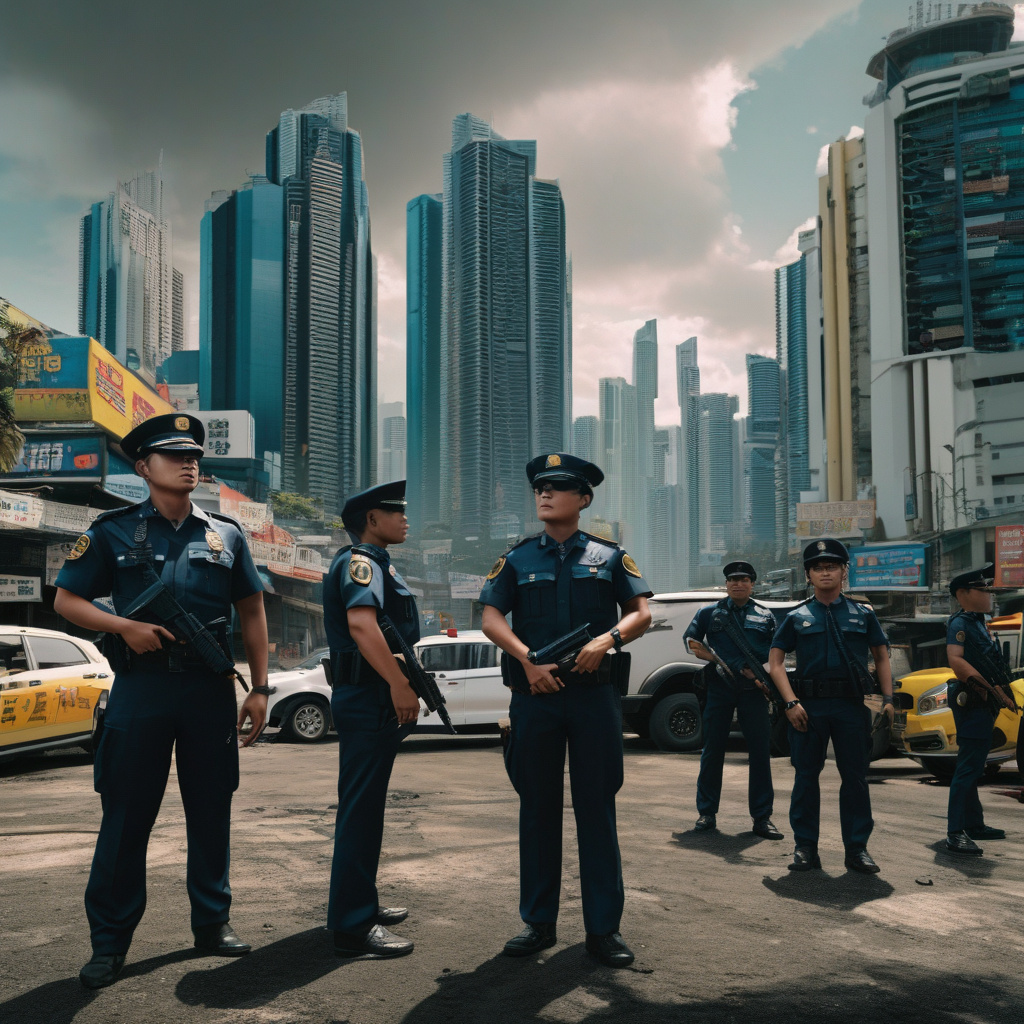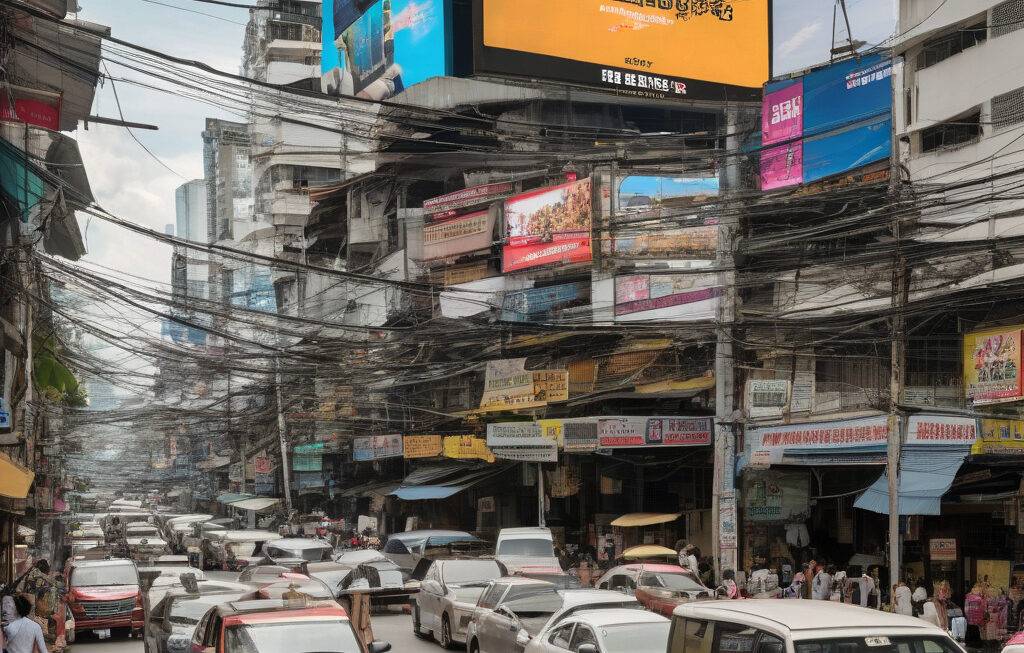Philippines Takes Strong Stance Against Unregistered Crypto Exchanges
Regulators in the Philippines, Thailand, and Indonesia have recently ramped up their efforts to crack down on offshore cryptocurrency exchanges operating without the necessary local licenses. This move comes as part of a broader trend across Southeast Asia to tighten regulations and ensure that the rapidly growing cryptocurrency market is properly monitored and controlled.
The Philippines, known for its progressive stance on cryptocurrencies, has been at the forefront of this crackdown. The country’s central bank, Bangko Sentral ng Pilipinas (BSP), has issued warnings against unregistered crypto exchanges, emphasizing the need for compliance with local regulations to safeguard investors and prevent financial crimes such as money laundering and fraud.
One of the key concerns surrounding unregistered crypto exchanges is the lack of oversight, which exposes investors to a higher risk of scams and market manipulation. By operating without the necessary licenses, these platforms can evade regulatory scrutiny and operate in a legal gray area, putting both investors and the broader financial system at risk.
In response to these challenges, regulators in the Philippines have been working to strengthen their enforcement measures and ensure that all cryptocurrency exchanges operating in the country are properly registered and licensed. This includes conducting thorough investigations into offshore platforms that may be targeting Filipino investors without the necessary approvals.
The crackdown on unregistered crypto exchanges is not limited to the Philippines. Countries like Thailand and Indonesia are also taking steps to regulate the cryptocurrency market and protect investors from potential risks. In Thailand, the Securities and Exchange Commission (SEC) has been actively monitoring and regulating cryptocurrency exchanges to ensure compliance with local laws and prevent illegal activities.
Similarly, in Indonesia, the Financial Services Authority (OJK) has been working to establish clear guidelines for cryptocurrency exchanges operating in the country. By requiring exchanges to obtain the necessary licenses and adhere to strict regulatory standards, Indonesia aims to create a more secure and transparent environment for cryptocurrency trading.
The intensified efforts against unregistered crypto exchanges in the Philippines, Thailand, and Indonesia reflect a growing recognition of the need to regulate the cryptocurrency market effectively. As digital assets continue to gain mainstream acceptance and adoption, regulatory authorities are faced with the challenge of balancing innovation and investor protection.
In conclusion, the crackdown on unregistered crypto exchanges in the Philippines and other Southeast Asian countries underscores the importance of regulatory oversight in the cryptocurrency market. By enforcing strict regulations and ensuring compliance with local laws, regulators aim to foster a safer and more secure environment for investors to participate in the exciting world of cryptocurrencies.
cryptocurrency, regulations, investor protection, Southeast Asia, compliance












